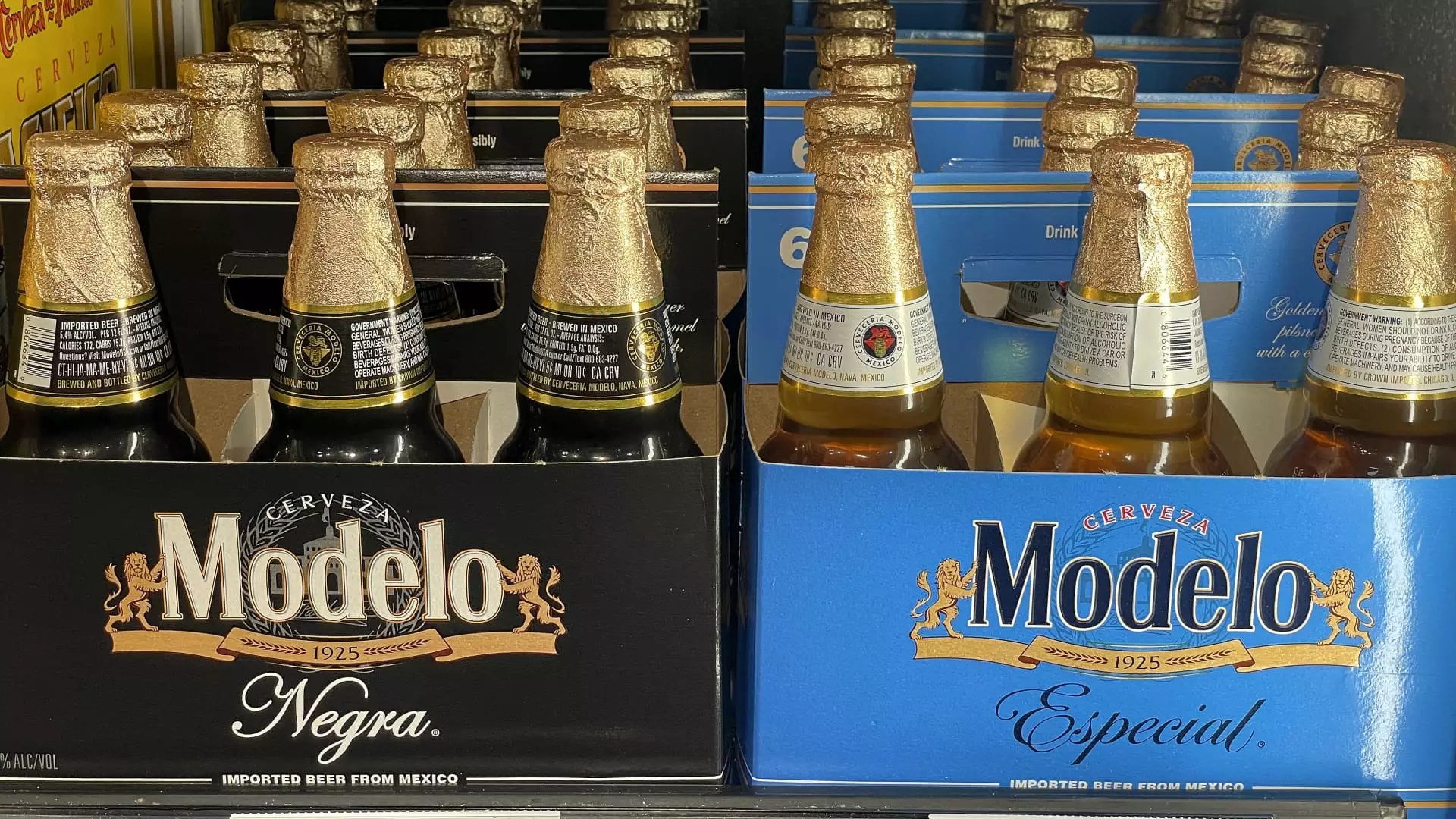In recent months, the American beer industry has experienced an unsettling decline, exposing vulnerabilities that extend beyond mere market fluctuations. Constellation Brands, a stalwart within the sector and a major player responsible for key brands like Modelo, Corona, and Pacifico, reported a 2% dip in sales. That seemingly modest downturn masks a deeper rewrite of consumer confidence, profoundly influenced by the political climate and economic anxieties. When a company’s core demographic — in this case, Hispanic consumers, a significant segment of Constellation’s customer base — starts retreating, it signals not just a temporary dip but a potential shift in cultural consumption patterns. This phenomenon underscores a broader truth: economic and political turmoil often ripple through consumer behavior, affecting even entrenched retail giants.
Economic Fears and Political Woes as Catalysts
The root of these declining sales is multifaceted. On one hand, rising inflation and economic uncertainty have made households more cautious, prompting cutbacks on non-essential spending like leisure activities and premium beverages. On the other, political policies, notably Donald Trump’s aggressive immigration stance, cast long shadows over Hispanic communities. CEOs like Bill Newlands openly acknowledge that deportation fears and ICE raids are influencing purchasing decisions among Latino consumers. This intersection of policy and perception fuels a sense of insecurity, compelling many to tighten budgets and limit discretionary spending — including on beer, a beverage historically tied to cultural and social identity within Hispanic communities.
Beyond Economics: Cultural and Political Impacts
What makes this challenge particularly profound is that it taps into cultural identity and political sentiment. Hispanic Americans constitute almost half of Constellation’s sales, making their spending habits crucial. The perception that immigration enforcement policies threaten their families’ stability or job security can’t be dismissed as mere speculation; it actively alters spending behavior. Larger corporations such as Coca-Cola and Colgate-Palmolive have also registered similar declines, suggesting a broader shift that transcends individual brands or industries. These trends reveal a troubling narrative: political rhetoric and policy decisions are not isolated issues but deeply embedded in the fabric of consumer confidence and economic vitality.
Resilience amid Uncertainty
Despite the grim figures, Constellation remains optimistic about its long-term prospects. The company’s reaffirmation of its full-year outlook indicates a belief that these issues are temporary or manageable. Still, such optimism may overlook the fundamental challenge — that political hostility and economic insecurity are systemic problems requiring more than superficial fixes. The industry must navigate a landscape fraught with uncertainty, where consumer attitudes are increasingly influenced by external factors beyond simple marketing or product innovation. For a country that prides itself on economic mobility and cultural integration, this situation calls into question whether the nation’s social fabric is fraying under the weight of political division and economic distress.


Leave a Reply